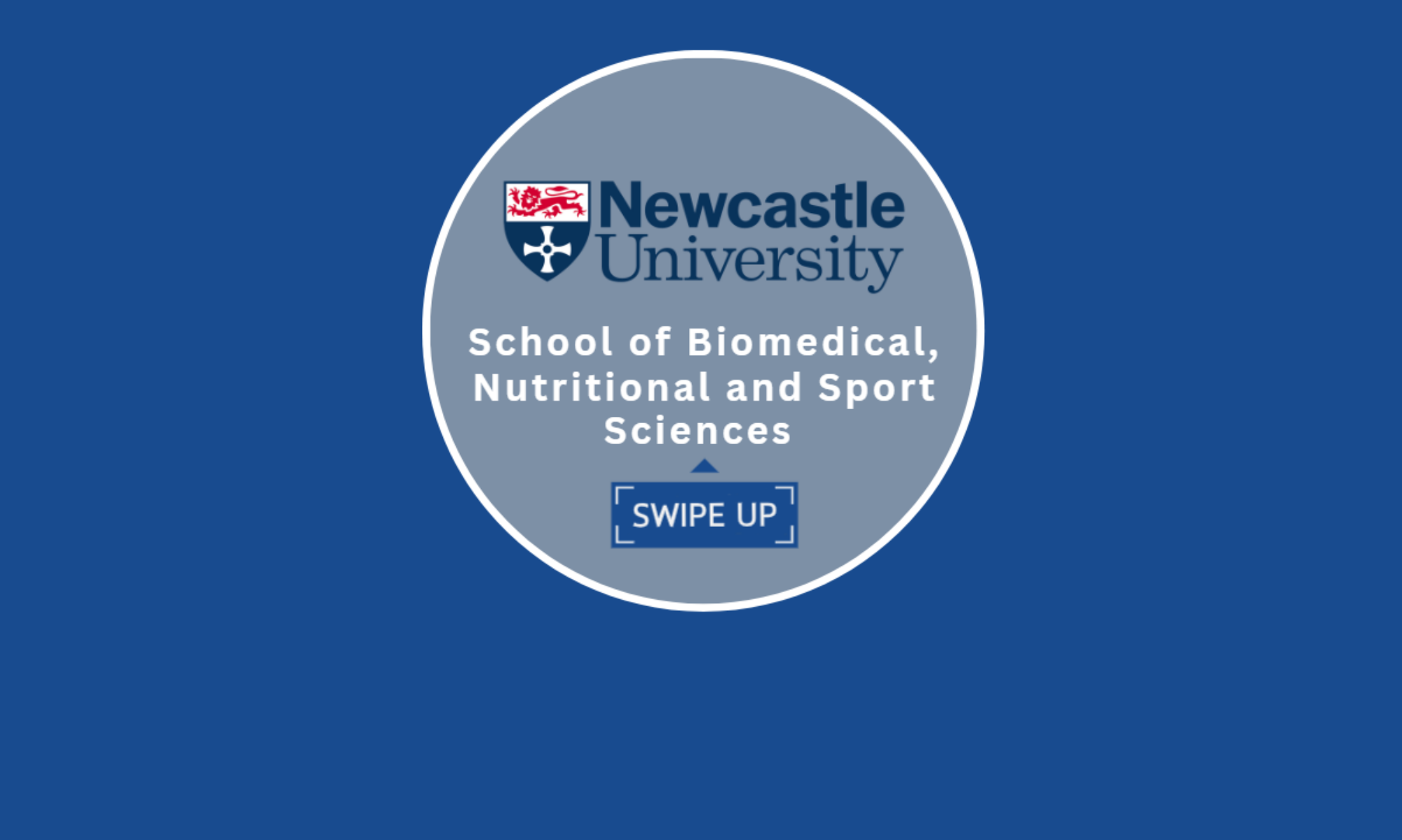By Dr Carys Watts
Going abroad may be a week’s holiday, or to some it’s going global or for longer, but have you ever thought about studying abroad as part of your Newcastle University degree? You could study abroad for a few weeks or up to an entire year, and it could change your perspective forever.
‘I can honestly say it was the best time of my life’– Eleanor (semester at Monash University, Melbourne)

I’m not sure it is for me
So you may think of reasons why not to do it, but there are loads of great reasons to give it a try:
‘what if I can’t speak the language?’
in most host countries English is often spoken as a second language, so if you are not being taught in another language you do not need to be fluent, but it helps to have basic language skills for getting around. For help and advice then visit the free to use Language Resource Centre
‘Is it expensive?’
It depends where you go; Australia has a higher cost of living and flights are not cheap, but Malaysia has a much lower cost of living than the UK. You can currently access Erasmus+ funding for European exchanges, plus there are additional funds for students in certain access groups. Your tuition fees are still paid to Newcastle, they either remain the same, or are lower for the full year abroad.
‘I would miss my friends and family’
It is only a short time away, and you can keep in touch through video-calls and social media. This is a great opportunity to see the world and make new friends, you will be back with lots of great memories.
‘It was mint; I met the best group of friends in Barcelona! No regrets’ – Lewis (Biomedical Sciences)

How could it help me?
Living abroad changes your perceptions and broadens your horizons. From the culture, food, people and language. Employers are often impressed by students who have studied abroad as you learn new skills, practice your problem solving and increase your resilience. You may make friends for life, or decide to study or live abroad after you graduate. Callum did his research project in Lund, Sweden, then studied a Masters in Global Health in Amsterdam with his thesis based in Vienna. He is now working in Amsterdam.

How long would I be abroad for?
This depends on you, either:
- a summer school of a few weeks
- a 6-8 week summer lab placement
- your final year research project (3 months overseas)
- semester 2 of stage 2
- a year abroad working as a Professional placement year
- a Biosciences Study Abroad Placement studying at a University for a year
How does it work?
The School has partnerships with many European and International Universities and every year we send out and receive students reciprocally. We have two Exchange Coordinators; Beth Lawry and Carys Watts who manage the school’s Biomedical and biomolecular linked partnerships and study details. The University Student Mobility team manage the student applications portal and key paperwork. You apply via Go Abroad, the School reviews all applications then the school may nominate you. This then triggers the formal application process to the host university.
I’m interested what next?
You need to think and plan a year ahead. Applications must be submitted centrally by mid-January to go abroad in the next academic year (or the same January for the coming summer). This would be your experience so you need to find out about your options, the University, the country, culture, costs, language modules etc.
Attend the study abroad talk in your timetable!
There is information on Blackboard in the Phase 1 community Exchanges folder including feedback from past exchange students, and also on the Go Abroad website and more information will be given in semester 1.
‘I’m glad I got to experience living in another country where their way of life is much more relaxed and pleasant than the UK, so much so that I plan on learning Spanish and moving back there!’
Harriet, Biomedical Sciences, Research project, Barcelona

Looking for other opportunities you can do alongside your Newcastle degree? Check out Sam’s summer placement blog and our year long industrial placements!
